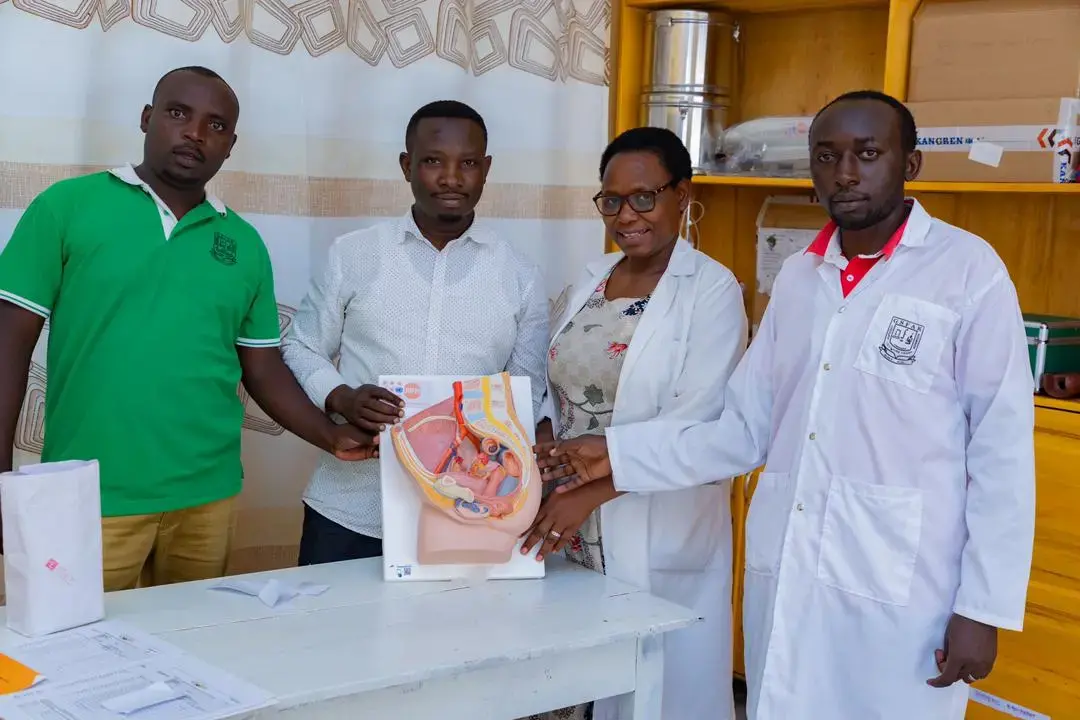Ensuring educated, competent, well-resourced and supported professional midwives is a key solution to address inequitable Sexual and Reproductive Health and Rights (SRHR) services delivering poor quality of care to youth, women and communities. In addition to saving lives, midwives positively impact women’s experiences of care through ensuring respectful care and upholding women’s rights to make informed decisions and have control over their bodies.
The State of the World's Midwifery Report (SoMWY) 2021 analysis indicates that fully educated and regulated midwives integrated within and supported by interdisciplinary teams and an enabling environment can deliver about 90% of essential sexual, reproductive, maternal, newborn, adolescent health interventions across the life course. By investing in universal coverage of midwives could, according to SoWMY, avert 67% of maternal deaths, 64% of neonatal deaths, 65% of stillbirths. This means that 4,3 million lives could be saved worldwide every year. Increased access to quality SRHR services contributes to the 2030 Agenda for sustainable development, achievement of good health and well-being, gender equality and the end to poverty.
Over the past decade, Rwanda made significant progress in decreasing MMR from 487 to 203/100,000LB. One of the main contributing factors to this has been educating midwives in the country. However, in the last five years, the decline in maternal mortality has been low (210/100000L.B in 2015 and 203/100000L.B in 2020). Currently 93% of women give birth in a health facility. Thus, the human resources required for sustaining this increase, while ensuring quality of care, is a challenge. According to the new report “Trends in Maternal Mortality” a 15-year old in Rwanda is 95 times more likely to die from maternal death than any other cause.
UNFPA’s midwifery strategy specifies four pillars which UNFPA works to strengthen the midwifery profession. The first pillar is through Education, the second through Regulation and the third is through Association and the fourth is through advocating for increased investment in midwifery.
UNFPA supports the development of a strong faculty in Midwifery education through offering scholarships for higher education such as Masters and PhD’s, as well as the revision of curriculums to be accredited up to international standards. In addition, UNFPA is working on the integration of Simulation training for facilitators as well as equipping simulation skills labs for nursing and midwifery institutions and health facilities towards improved maternal and new-born health care delivery.



